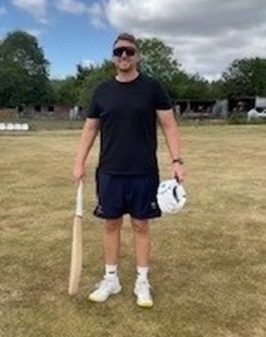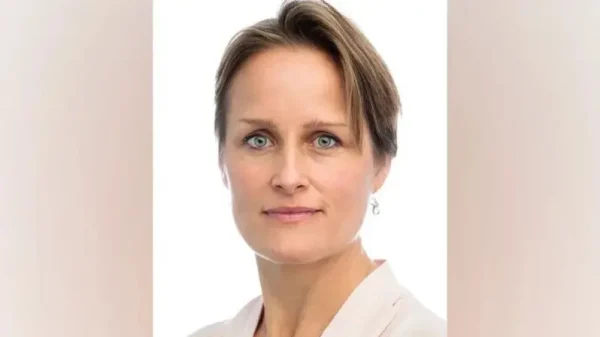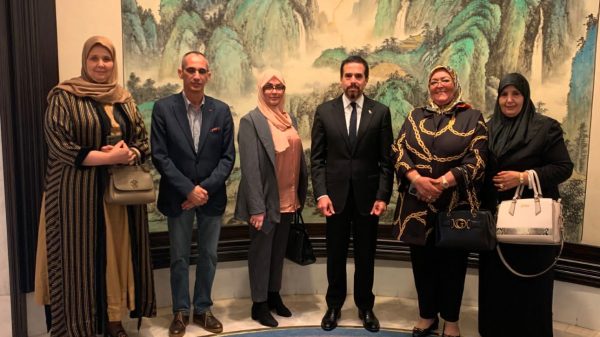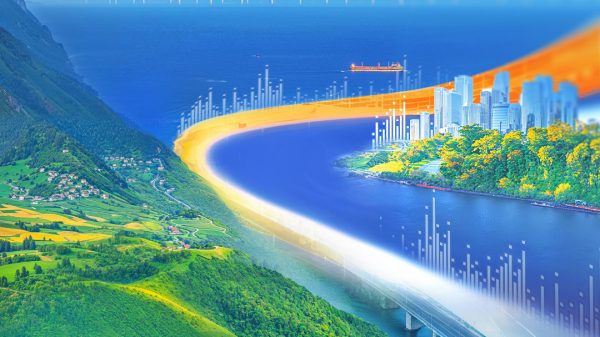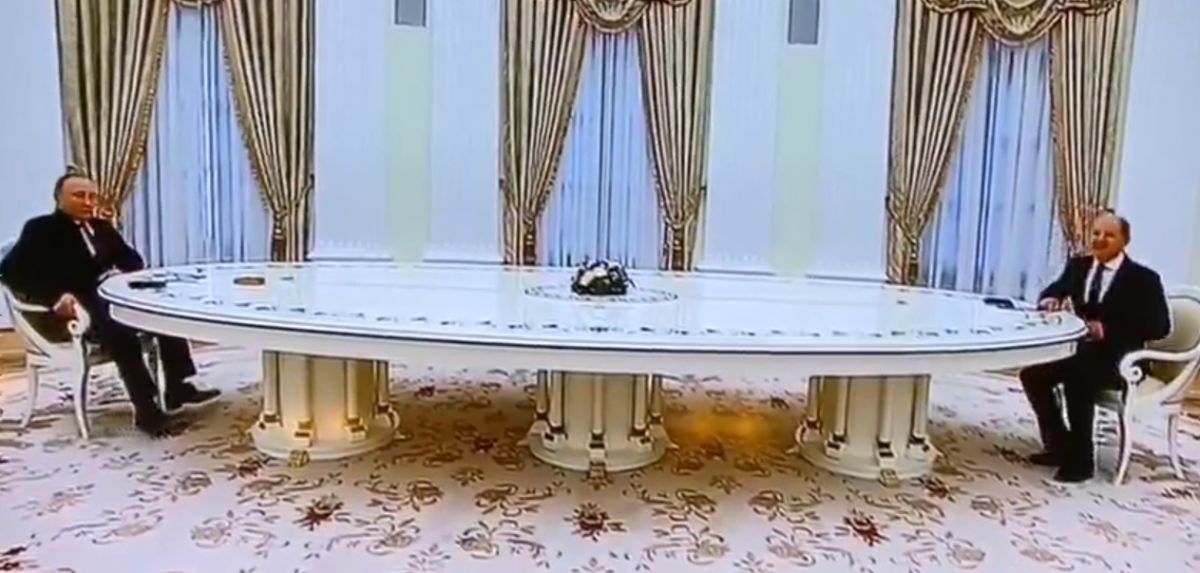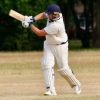Another high-ranking representative of Europe, this time German Chancellor Olaf Scholz, visited Moscow with a blitz visit. Scholz and President Putin had a long and thorough conversation. The focus of Scholz’s attention, for obvious reasons, was the situation around Ukraine. The Russian leader focused on the further development of dynamic economic cooperation between Russia and Germany, as well as the topic of security guarantees from NATO and the United States, which is relevant for Moscow. What is the outcome of this meeting?

Scholz himself said at the end of the negotiations: “I have already reported that it was a very intense conversation, also a very confidential conversation.” “We communicated in a friendly atmosphere, but there was an intensive discussion on issues where we have different positions.”
“We talked for a long time with President Putin, we did not miss a single topic, neither complicated nor simple. Cultural issues, economic issues. Of course, many topics are around European security and Ukraine. The fact that we have been talking to each other for so long is a good sign,” the German Chancellor said.
The length of the conversation with Russian President Vladimir Putin (about 3 hours) was a good sign, German Chancellor Olaf Scholz told the German press in Moscow after the meeting in the Kremlin.
Scholz described the atmosphere of the meeting with Putin as friendly, and the conversation as confidential.
“There was a very intense and also very confidential conversation,” Olaf Scholz said in an interview with Die Welt TV channel.
During the talks, the leaders of the two countries discussed the situation around Ukraine. Putin reiterated Moscow’s well-known position that Russia has no aggressive intentions towards Ukraine. There will be no attack – this is a clear signal from Moscow.
Moscow believes that the West has purposefully launched a propaganda campaign and inflated hysteria around the alleged aggression against Ukraine. In a recent conversation with US President Biden, Putin once again stressed Moscow’s desire to find diplomatic ways to resolve the crisis situation.
At a joint press conference, Putin called what is happening in Donbass “genocide.” In turn, Chancellor Scholz called these words “wrong”. Nevertheless, both leaders agreed that further work within the Normandy format, as well as the implementation of the Minsk Agreements, is the only way to stabilize the situation in Ukraine.
The meeting in Moscow, according to many analysts, went far beyond the contacts with Western countries that have become familiar lately in the spirit of “hands off Ukraine.”
President Putin said during the talks that it is very interesting and useful for him to hear Scholz’s opinion about what is happening in the world.
The German Chancellor stated the need to solve problems in bilateral relations between Russia and Germany on the basis of dialogue. In particular, with regard to the recently introduced mutual restrictions on the work of the media – Russia Today in German and the DW representative office in Moscow.
Putin called Germany one of Russia’s priority partners.
Scholz noted that the security situation in the world and Europe is complicated, so communication and further dialogue are necessary.
According to Moscow, energy remains one of the most important areas of cooperation between the two countries. “Russia has been a reliable supplier of energy resources for a very long time,” Putin stressed.
In the West, according to many European analysts, Germany’s cautious course on the Ukrainian crisis causes irritation, especially in the United States. There, many politicians are slowly beginning to doubt whether the Germans are even part of the Western team, which seeks to show Russia who decides here, so, in particular, writes the Danish edition DR.
Scholz said he would emphasize the West’s readiness for dialogue on Russia’s security concerns, but confirmed his readiness to impose sanctions in the event of an invasion of Ukraine.
Earlier, in January, Chancellor Scholz said that Germany was ready to discuss stopping the Nord Stream-2 gas pipeline in the event of a Russian attack on Ukraine.
Moscow emphasizes that the Russian military will return to their permanent deployment points after the end of the Russian-Belarusian drills currently taking place, and the units of the Southern and Western military districts have already begun loading onto transport and will move out on Tuesday, February 15, Russian agencies reported, citing the official representative of the Ministry of Defense of the Russian Federation, Major General Igor Konashenkov.
During the stay of the German Chancellor, the question of Russia’s recognition of the two republics of Donbass in Donetsk and Lugansk was particularly raised. On the eve of Scholz’s visit, the Russian State Duma appealed to President Putin to recognize the independence of these rebellious territories. In this regard, Scholz stressed that Russia’s recognition of the self-proclaimed DPR and LPR would be a “political catastrophe” and a violation of the Minsk agreements.
The Kremlin has not yet given a definite answer to this appeal of the Russian parliament. At a joint press conference with Scholz, Putin only noted that “deputies have a subtle feeling for voters who sympathize with the residents of Donbass.”
NATO expansion is not planned, it is not on the agenda, said German Chancellor Olaf Scholz.
“Expansion is not planned, it is not discussed, it is not on the agenda. We will not have to deal with this topic while we are each at our post,” he said.
Scholz emphasized in a conversation with Putin that European security is unthinkable without Russia.
Before coming to Moscow, Chancellor Scholz held a meeting with President Zelensky of Ukraine. According to Scholz, the head of Ukraine firmly promised that within the framework of the contact group he would soon discuss the draft law on the status of Donbass and constitutional reforms.
The possibilities of a diplomatic settlement of the situation around Ukraine have not yet been exhausted, said the German Chancellor. Moscow does not trust Kyiv’s promises too much, but Kremlin is still waiting for progress in the framework of the Minsk process.
It’s quiet on the border of Russia and Ukraine. Officials in Kiev also see no serious threats, at least that’s what Ukrainian Defense Minister Reznikov said recently.
“The return of the Russian army to its deployment sites after the exercises is a good sign,” German Chancellor Olaf Scholz stressed.



